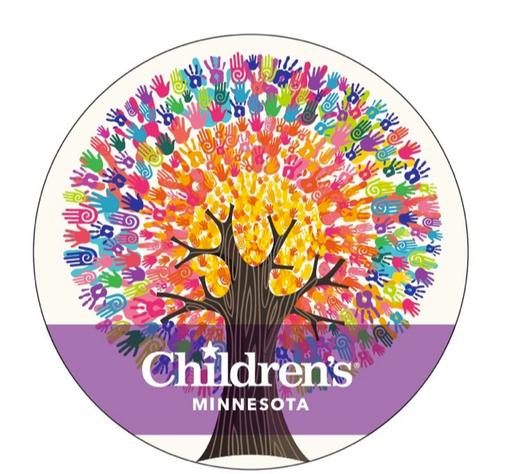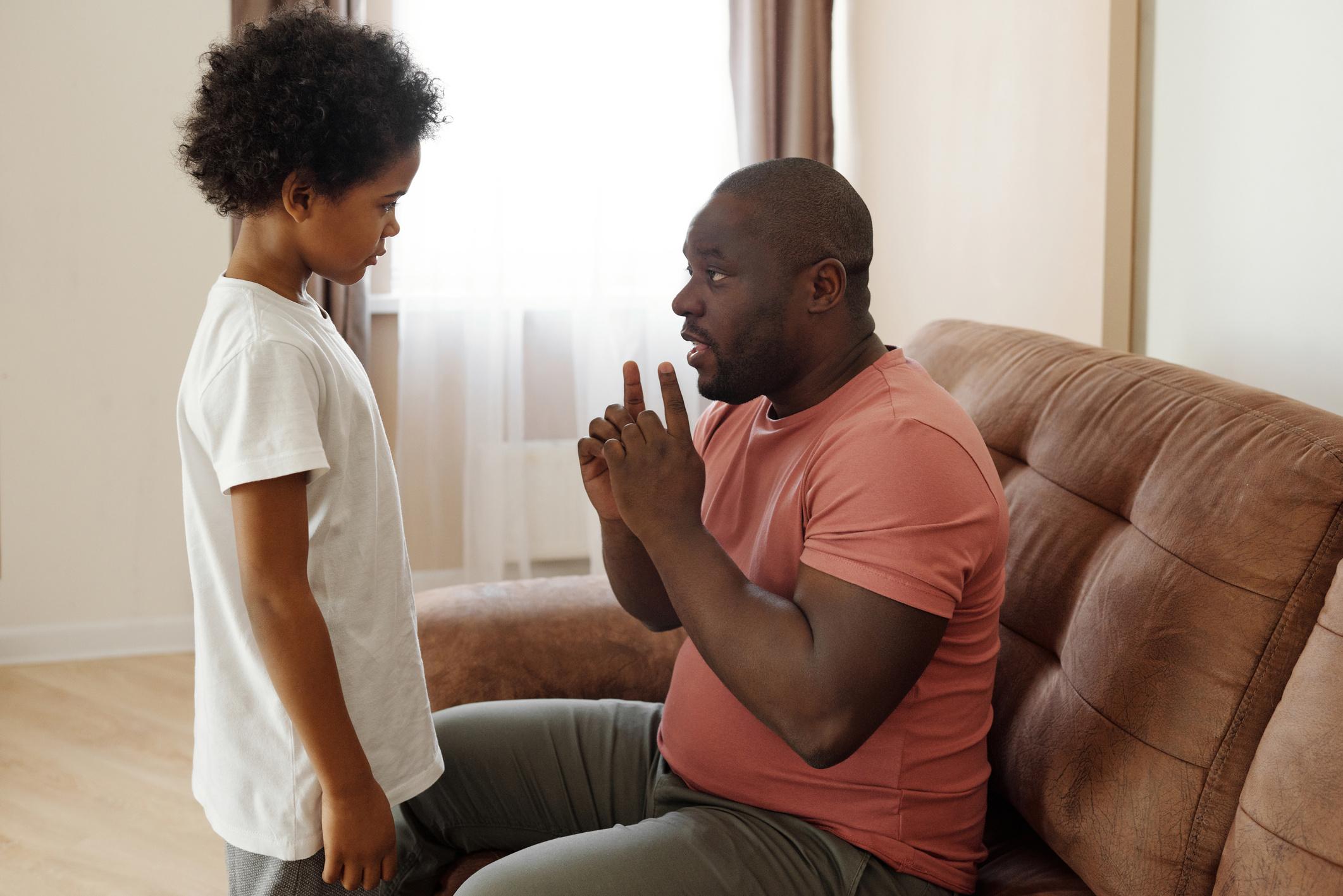
1 minute read
How to Talk with Your Kids About Fentanyl?
Myriam Roby
DNP, APRN, FNP-c

Clinical Director of Equity and Inclusion Inpatient Mental Health Provider Children's Minnesota

One of the key takeaways from Myriam's presentation was the significance of addressing the fentanyl crisis with our children. Engaging in open and honest conversations about its dangers and potential side effects helps equip kids with vital information to protect themselves and their peers.
Parents should encourage their children to share information about their friends, after-school activities, and daily experiences. By promoting transparency, parents can build stronger connections with their children.
"I CARE," "I SEE," "I WANT," and "I WILL"
Leading with a non-judgmental stance is paramount when discussing sensitive topics. Using statements like "I CARE," "I SEE," "I WANT," and "I WILL" helps children feel supported and heard, encouraging them to open up without fear of judgment.

Myriam shared an encouraging insight: Children genuinely want to open up. By providing a safe space for communication, parents can facilitate meaningful discussions about difficult topics like fentanyl.
Building strong connections with our children is vital. A combination of high expectations and high warmth fosters a nurturing environment where kids feel comfortable sharing their thoughts and feelings. It's key to understand who your child spends time with, knowing their friends (and their parents), and being familiar with their after-school group enhances parental awareness and helps detect potential risks.





